Is it Bad to Keep Turning AC On and Off?
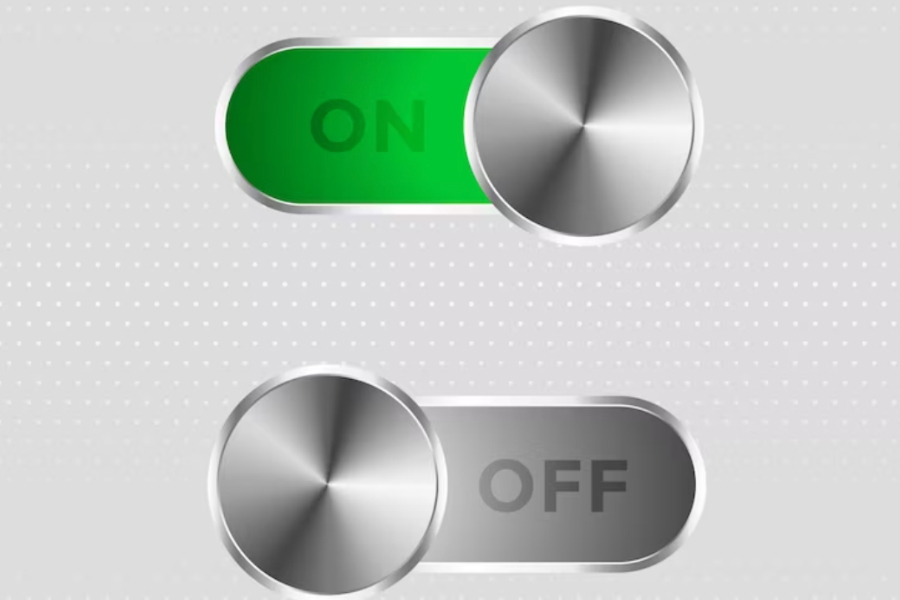
Air conditioning systems are crucial for maintaining a comfortable temperature in your home, particularly during the hot summer months. However, frequent on-and-off cycles of your AC can lead to several issues, affecting your unit’s efficiency and longevity. In this article, we will discuss the implications of constantly turning your AC on and off and provide helpful insights for homeowners to better manage their AC usage.
How does an AC System Works?
To understand the impact of turning your AC on and off, it’s crucial to have a basic understanding of how an air conditioning system operates. An AC system works by utilizing a refrigeration cycle to transfer heat from inside your home to the outdoors. This process consists of several components, including:
1. Compressor: A key component that pressurizes the refrigerant and initiates the cooling process.
2. Condenser coil: Where heat exchange occurs, and the absorbed heat is expelled outside.
3. Evaporator coil: The component that transforms refrigerant into vapor, absorbing heat from the indoor air.
Each time you turn your AC on, the above components work together to cool your home. This cycle consumes energy and puts stress on these components, especially the compressor.
Issues Associated with Constant On-Off Cycles
Now that we know the basics of how an AC system functions let’s examine the problems associated with frequently turning the air conditioning unit ON and OFF
Increased Energy Consumption
Is it bad to keep turning your AC on and off? The simple answer is yes. Each time the AC starts, it takes a significant amount of energy to power up the compressor. Constantly turning the AC on and off can lead to higher energy consumption and increased utility bills.
Shorter Lifespan of Components
Frequent on-off cycles cause greater wear and tear on your AC system, particularly compressors, and can considerably shorten their lifespan. This can subsequently lead to an increased need for costly AC repair services.
Inconsistent Comfort Levels
Continually turning your AC on and off can cause temperature fluctuations in your home and make your living space less comfortable. This is because the AC takes time to cool your home when it is turned back on after being off for a while.
Tips for Optimal AC Usage
To reduce the negative impact of constant ON-OFF cycles, consider the following tips:
Opt for Programmable Thermostats
Programmable thermostats let you set specific temperatures for different times of the day. By knowing about what’s the best thermostat setting for a home, you can preset it and avoid unnecessary usage. This will reduce both energy consumption and wear and tear on your AC system.
Proper Insulation
Proper insulation minimizes indoor temperature fluctuations and reduces the need for constant temperature adjustments. You can also use window coverings like curtains or blinds to keep the heat out.
Regular Maintenance
Regular servicing can help identify any issues with your AC system components, ensuring peak performance and preventing frequent breakdowns. Make sure to find a reliable HVAC technician for AC repair in Atlanta to properly maintain your AC system and avoid unexpected costs. They will also be able to recommend additional energy-saving measures to keep your AC running efficiently.
To Sum Up
Constantly turning your AC on and off can have significant consequences for your system’s lifespan, energy consumption, and overall comfort levels. Implementing the tips provided in this article can help you manage your AC usage effectively, ultimately saving on utility bills and avoiding the need for frequent repairs. With the right maintenance and usage, your air conditioning system can keep your home cool and comfortable for many years to come.
Leave a Reply
You must be logged in to post a comment.











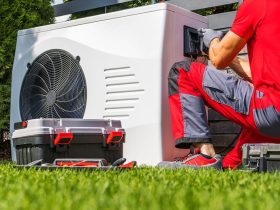

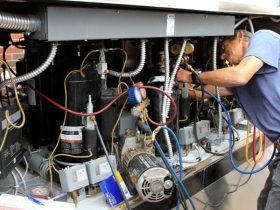
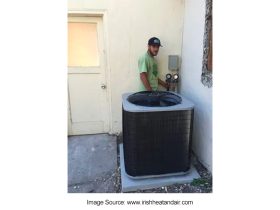
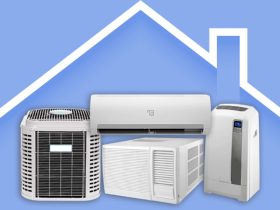
Leave a Reply